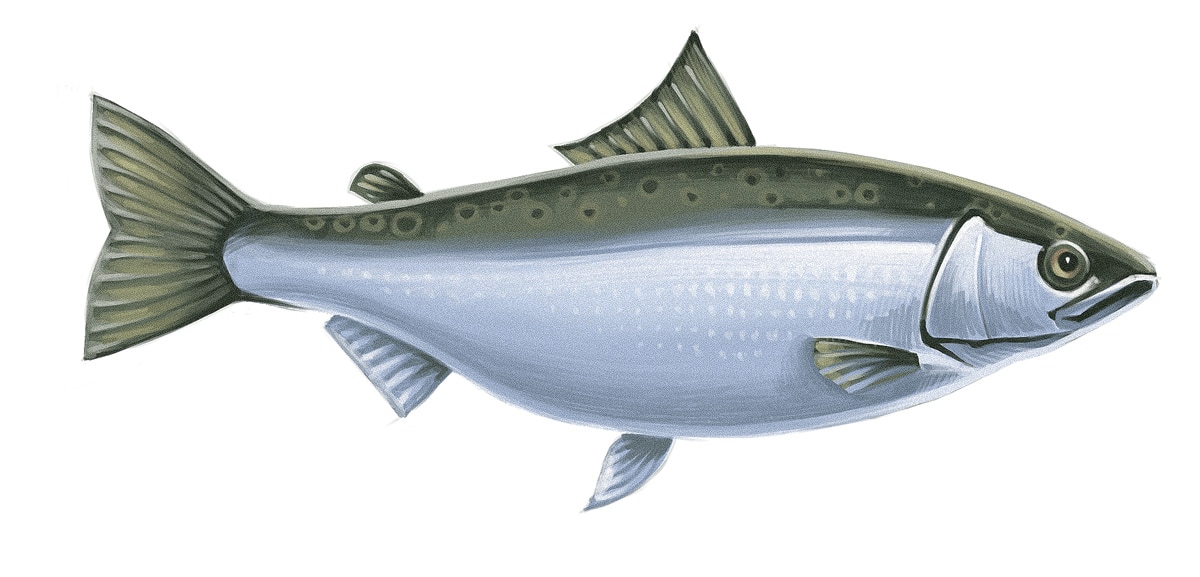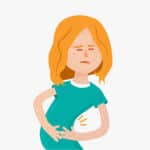
Saying that ADHD is controversial would be an extreme understatement. Diagnoses have been rising rapidly, but there’s still no scientific consensus about what causes ADHD, or whether it's even a "disease" at all. Are we overdiagnosing kids who just need to go outside and run around, or just getting better at diagnosing kids who have a legitimate problem? If there is a problem, was there always a problem that we just weren’t seeing, or is this a new problem brought on by something in the modern environment (like food)?
Those are important questions. But regardless of the answers, the fact remains that a lot of kids are really struggling with the symptoms that a doctor might classify as ADHD. And clearly it’s not as simple as “go outside and play:” plenty of kids are still doing that and still struggling.
So instead of arguing about whether “ADHD” symptoms technically constitute a “disorder” or something else, here’s a look at some of the studies about how diet affects the symptoms, including things that aren’t just food dyes. In the focus on dyes and additives, we might be missing other nutritional concerns, and indirect effects that work through blood sugar regulation and reward pathways in the brain.
The Work of Dr. Benjamin Feingold
Interest in diet and ADHD started with a researcher called Benjamin Feingold in the 1970s. Feingold focused on artificial colorings and salicylates. Salicylates are certain chemicals naturally found in all kinds of fruits and vegetables, and for most people they’re not a problem at all. But some people are intolerant to salicylates and get a kind of allergic reaction to them. Feingold observed that many children responded well to an elimination diet free from artificial food dyes and salicylates.
But after an initial wave of enthusiasm, better-controlled studies questioned the power of the Feingold diet, which made doctors unwilling to look into food and ADHD for many years.
Recent Research into Dyes and Additives: a Food Allergy Connection?
Just recently, a new wave of interest has gone back to the question of food additives in ADHD. An interesting new connection is the link between food additives and allergies. In this post, Emily Deans describes a series of recent studies connecting ADHD to both food additives and preservatives and to food allergies in some children (not all). She describes several different well-designed studies that provided some evidence for the role of artificial colors and flavorings. Studies included this one (from 2007), which found that a drink with artificial colorings and preservatives significantly increased hyperactivity in children aged 3 and children aged 8-9. A follow-up to the study found genetic abnormalities in histamine metabolism among children who responded strongly to the food additive drink, suggesting that the symptoms may be a kind of allergic response to the additives.
This study used an elimination diet that should be interesting to the Paleo crowd (rice, meat, vegetables, no gluten, no dairy, no legumes) and found significant improvement. And just as a side note, this review discussed the studies to date and concluded that there’s no real evidence for sugar or aspartame as a cause of ADHD symptoms. Sugar has many dangers, but the evidence doesn’t support the idea that ADHD is one of them.
Nutrient Deficiencies and ADHD
Other research has looked at nutrient deficiencies in ADHD. What if the problem is less “too much of a bad thing” and more “not enough of a good thing”?
This review of non-drug interventions for ADHD noted that severity of symptoms is positively associated with deficiencies in iron, zinc, and magnesium. One study found that zinc supplements were better than a placebo for reducing hyperactivity (but not attention deficiency), particularly among patients who were deficient in zinc to start out with. Magnesium supplements have also shown some benefit.
Most recently, several studies have suggested that ADHD may be related to a deficiency in Omega-3 fats, particularly the long-chain fatty acid DHA. This study has a review of that. Children with ADHD have relatively low levels of Omega-3 fats. Some studies with supplements have found a benefit, but others haven’t. This study recommended 300-600mg/day of supplemental Omega-3 for at least 2-3 months, which is easy to get from even a small amount of salmon or sardines.

Overall Diet Patterns
In this study, the researchers took a different approach. Instead of looking at one single dietary component, they looked at the diet pattern in general. One group of patients was randomized to medication alone, while another got medication plus healthy diet advice (admittedly, based on low-fat, whole-grains ideas of “healthy,” but it did include important items like “avoid sugary soft drinks” and “eat more vegetables.”)
At the end of the trial, there was no significant difference between the two groups for hyperactivity/impulsivity or inattentiveness. But when the researchers considered the degree of compliance to the diet recommendations (i.e. not just whether a child was in the diet group, but how well the parents complied with recommendations), an improvement in diet quality was strongly associated with an improvement in attentiveness.
Blood Sugar, Weight, and ADHD
Another approach to the problem of diet and ADHD is to start from the question of weight. Adults and children with ADHD are more likely to be overweight or obese than the general population. Why?
Some research suggests that it’s a blood sugar connection. In this study, children with ADHD had higher HbA1c. They didn’t have higher blood sugar in general, but the higher HbA1c might indicate more swings in blood sugar. On the other hand, the HbA1c values weren’t associated with the children’s weights.
Another potential answer is the changes in reward signaling in the brain. Children with ADHD have changes in the neurotransmitters like dopamine that govern reward and executive function (basically the ability to make rational choices and delay gratification). That’s one reason why stimulants work as a treatment: they act on dopamine and the reward system.
Reward signaling in ADHD is similar to reward signaling in obesity and binge eating. We know that a steady diet of hyper-rewarding junk food can cause reward signaling problems related to weight; could the same thing be happening in ADHD?
These studies on blood sugar and reward suggest that a diet low in refined carbohydrates (especially in foods that combine them with fat) may be helpful, but it’s important to remember that this is basically speculative and still needs a lot of research.
Diet and Medication are Not Mutually Exclusive
This was a look at some interesting studies about potential links between various dietary factors and ADHD symptoms. It’s not a diagnostic tool, it’s not a substitute for a doctor, and it’s certainly not a claim that diet can “cure” ADHD, or replace the need for medications.
Yes, the long-tern use of stimulants comes with its own set of problems. Those are serious problems, and they deserve serious attention. But just because we want an effective and safe alternative doesn’t mean that dietary interventions will magically become that alternative.
It’s not an either/or choice. Some parents might choose to use stimulants and diet changes. Some might try diet and find that it doesn’t actually help (remember that a lot of the food allergy connections depended on the individual child’s sensitivities: what works for one child might be totally ineffective for another). Some might try diet and slowly taper down on the stimulants. It’s a very individual choice; this was just a little bit of extra information to help you make it.





Leave a Reply